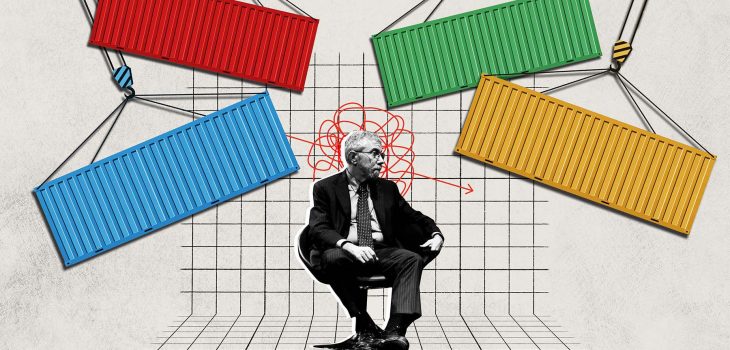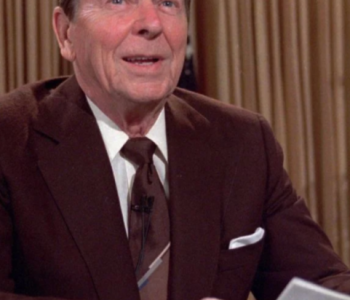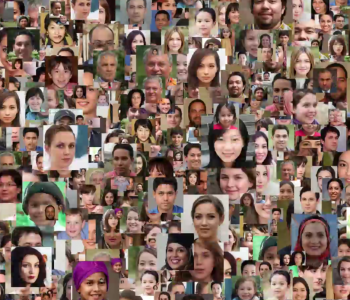 Economics
Economics
ECONOMISTS ON THE RUN
Good article on the scourge of 90s globalization economic theory as championed by Paul Krugman which has now fallen out of favor as reality has struck. I think the more interesting point here — other than pointing out not only how wrong Krugman was but how anyone who challenged him at the time was belittled as intellectually inferior — is not about how this could have adversely affected the 2016 election, but how complete focus on quantitative measures can lead one astray.
Its not hard to see, as many of those questioning globalization economic policy at the time were, how qualitatively looking at how a plant closing in a community can suddenly have starkly different outcomes for the workers and leaders of a company. Do that 1000s of times over and you have a major social problem and wealth gap that we now find ourselves in.
As the economists did see in their models, in the long term, this largely balances out. We’re seeing a bit of this in how outsourcing low-end service jobs to India used to be 1/10th the cost. Its now more like 1/2 the cost and challenges with quality control, productivity and managing a global workforce bring in to question the real savings.
Alternatively, a high wage country like Germany maintains economic balance keeping manufacturing domestic with highly trained and skilled workers that have a production efficiency rate unmatched globally.
I’m not advocating a particular political view here. I believe in technology advancement for human progress understanding the qualitative impact as well as the quantitative we’ve become so good at. However, that rarely considers those left on the sidelines who do not have the skills to compete. Protectionism via unions isn’t the answer. Training is. If we enact a policy that loosens trade barriers, invent an automation technology that displaces jobs or open the trade door allowing low wage economies to take low wage jobs, we must have commensurate training to bring the most exposed workers into the new economy. There has never been a significant technological revolution (including the industrial revolution) which has solely displaced jobs. Those jobs just migrated to a new skill base. As Robert Reich has always advocated, government policy and funding should be directed toward this.
Paul Krugman has never suffered fools gladly. The Nobel Prize-winning economist rose to international fame—and a coveted space on the New York Times op-ed page—by lacerating his intellectual opponents in the most withering way. In a series of books and articles beginning in the 1990s, Krugman branded just about everybody who questioned the rapid pace of globalization a fool who didn’t understand economics very well. “Silly” was a word Krugman used a lot to describe pundits who raised fears of economic competition from other nations, especially China. Don’t worry about it, he said: Free trade will have only minor impact on your prosperity.
https://foreignpolicy.com/2019/10/22/economists-globalization-trade-paul-krugman-china/














